We have much more to do and your continued support is needed now more than ever.
Advancing US Workforce for 21st Century: National Thought Leaders Convene
What are the skills needed for a competitive, 21st century workforce? How are US community colleges helping to meet these needs? What is the role of employers? Policy-makers? Students and other stakeholders?
Smart Grid to Battery Storage:
These were among the topics deliberated by 45 national workforce and education thought leaders who convened this week at the Pew Conference Center in Washington, DC for “Sustainability Skills Matter,” a meeting hosted by the Greenforce Initiative, a joint-program of the National Wildlife Federation’s Campus Ecology Program and Jobs for the Future with support from the Bank of America Charitable Foundation. The meeting was co-sponsored by the American Association of Community College’s SEED Center and the Center on Wisconsin Strategy (COWS).
“We are seeing a shift in the economy,” observed Kevin Coyle, vice president for education and training at the National Wildlife Federation, but it is in its infancy; we need to be prepared across multiple sectors and our leaders need to be educated. A smarter grid is one example: $150 billion per year is lost on power outages across the grid. Battery storage, transportation- will also change soon.”
Brenda Dan-Messier, assistant secretary United States Department of Education, noted that efforts such as this convening help the US “implement President Obama’s inaugural statement that, ‘We will respond to the threat of climate change, knowing that the failure to do so would betray our children and future generations.”‘
Linking Colleges and Strengthening Credentials:
“Connecting community colleges via public transport to the local town or city would be a key way to reduce CO2 emissions and congestion,” explained architect and transportation planner, Susan Herre. “It would also introduce young people early on to the walk-transit lifestyle, making them more discerning consumers of neighborhood types as they choose where to work and live after graduation.”
To effectively advance projects like these along with students’ skill sets, Jane Weissman, president and CEO of the Interstate Renewable Energy Council (IREC), encouraged community colleges to offer industry-vetted credentials.
State and System-wide Skills Evaluation:
In addition to offering credentials in specialized industries, Rob Holsten, dean of continuing education and sustainability at Wilson Community College in North Carolina, described the “system-wide curriculum review process undertaken in North Carolina to better align education across multiple disciplines with today’s economy, including adding employer competencies and creating a common core for all technical programs.”
Workforce Priorities for Sustainability Emerge:
Employers, industry association, higher education and ngo leaders from agriculture, renewable energy, manufacturing and transportation sectors, developed more than 150 ideas in nine categories, including ways to deepen engagement with employers, support community college capacity, link the classroom to real-world project experience, increase awareness to expand demand for sustainability skills and improve labor market information.
Eight key recommendations emerged through an on-line comment, prioritization and voting system administered by FacilitatePro. Among these were:
- Engaging leading employers to better inform community and other colleges about the sustainability skills they value and want.
- Integrating sustainability skills into every career pathway.
- Providing more paid internship programs, mentoring and apprenticeships and other “hands on” training opportunities for students so they can demonstrate skills, knowledge and abilities.
- Using campus-based projects as an opportunity to teach real-world application of sustainability skills for students.
- Exploring opportunities to help businesses make their operations more sustainable and linking education and training around sustainability skills to this.
- Working with economic development groups to identify sustainability skills needed by new potential employers in a region.
- Connecting sustainability skills to existing state efforts to recruit manufacturing employers and connecting community colleges to these employers for skills development and work experience or employment opportunities, and
- Identifying industries with an aging workforce and encouraging them to protect the future competitiveness of their industry by partnering with colleges to redesign and redeliver more effective training program (noting the example of PG&E in CA providing internships and apprenticeships together with 27 community colleges.)
“Ultimately, with the help of our community colleges and employers,” said Coyle, “values and attitudes will change and we will have a kinder, gentler and cleaner world.”

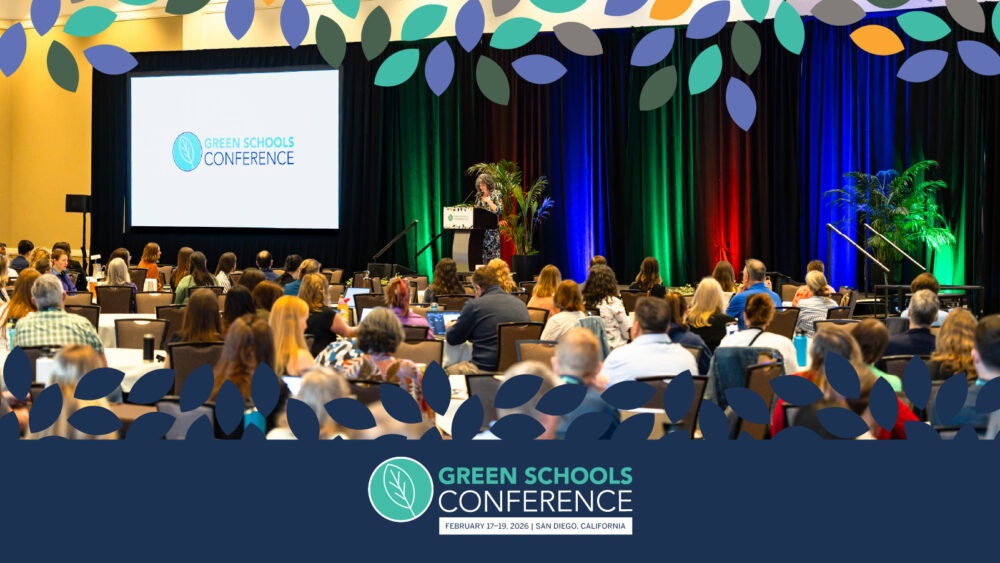

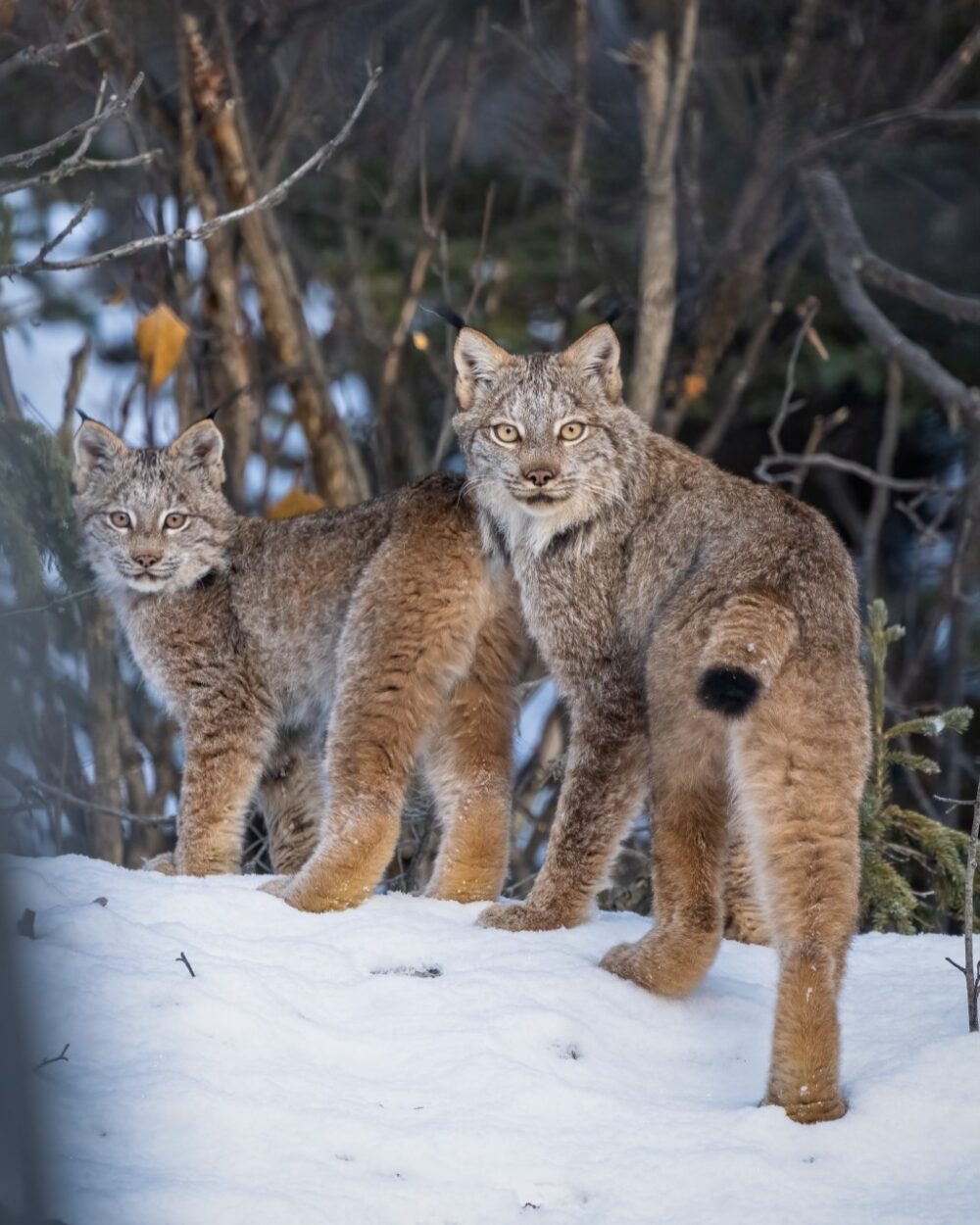
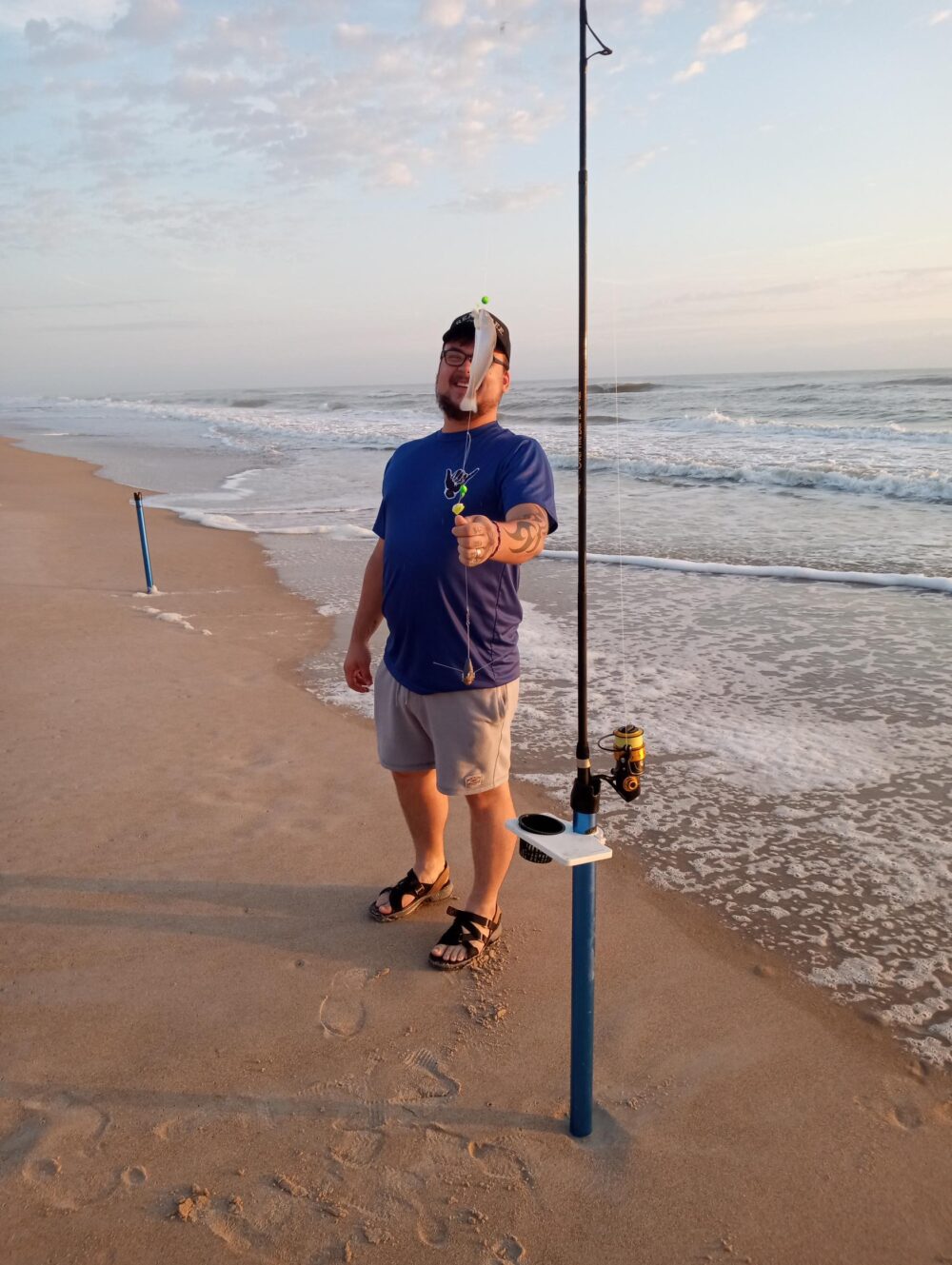
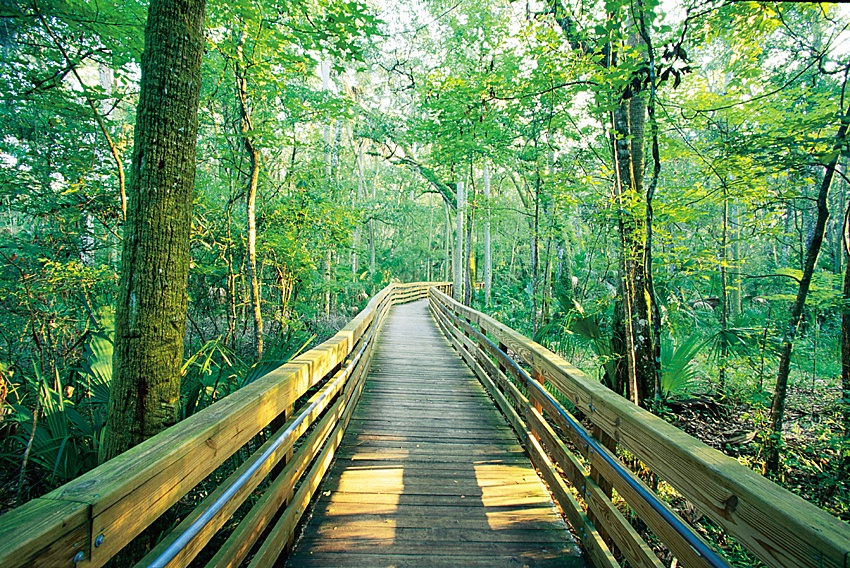
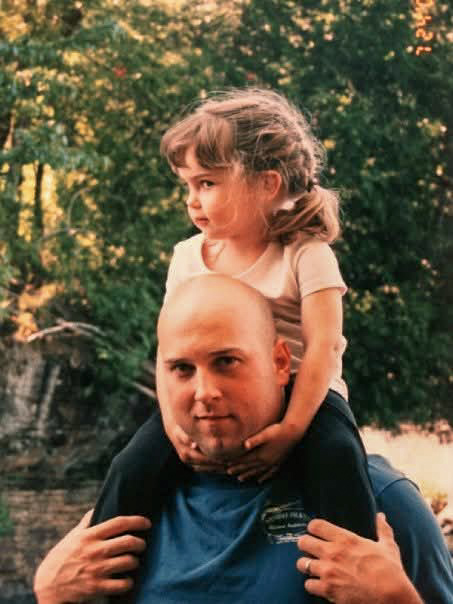




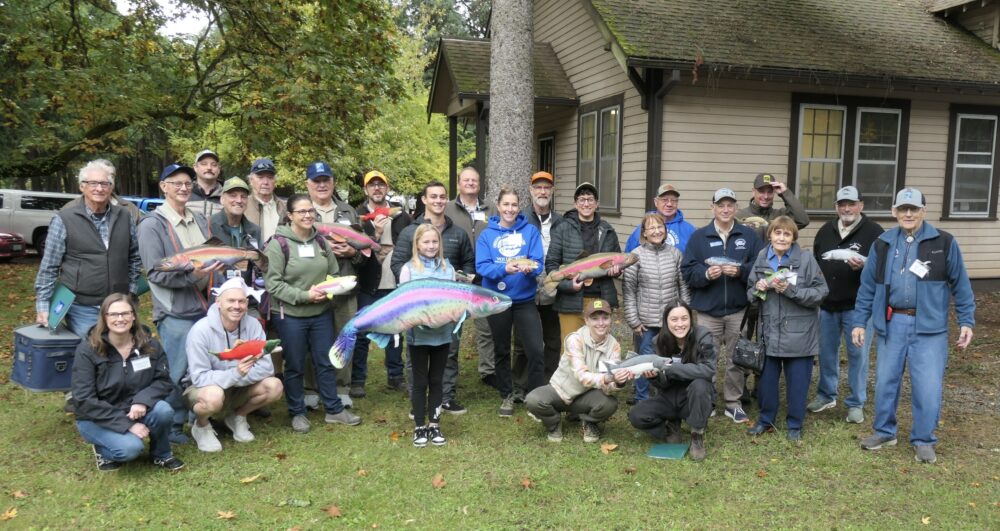





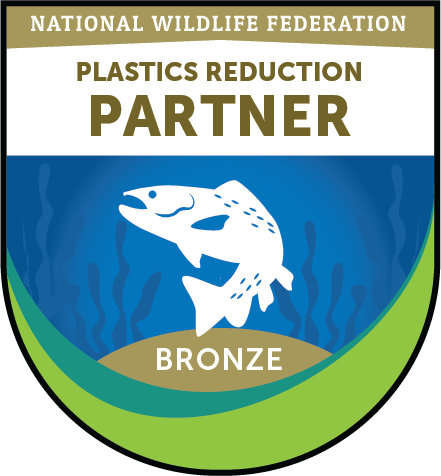

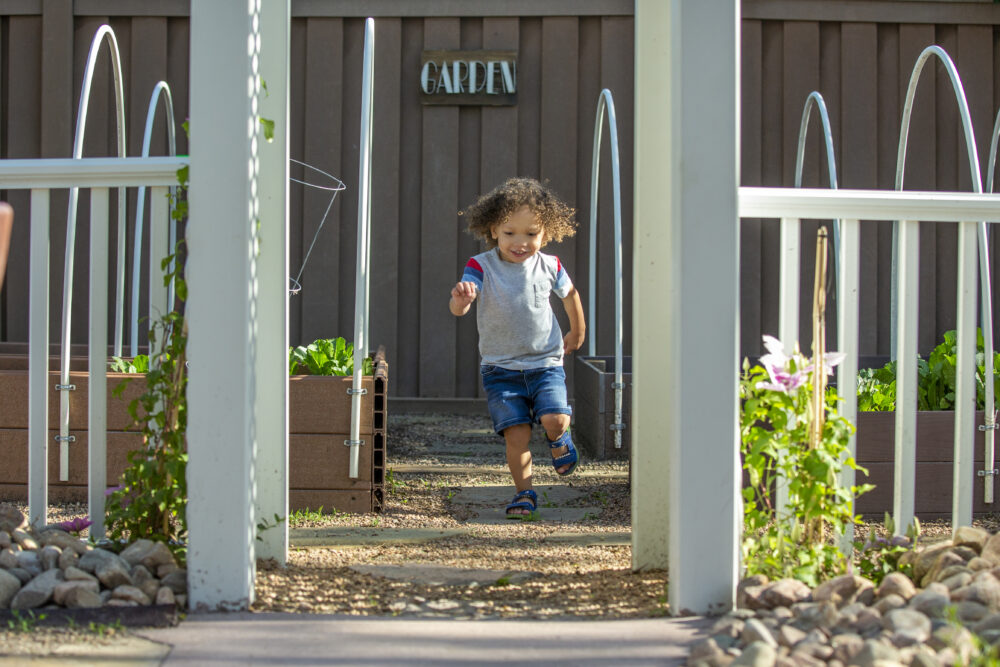

Building Momentum: What’s Next for Beaver Conservation in Colorado